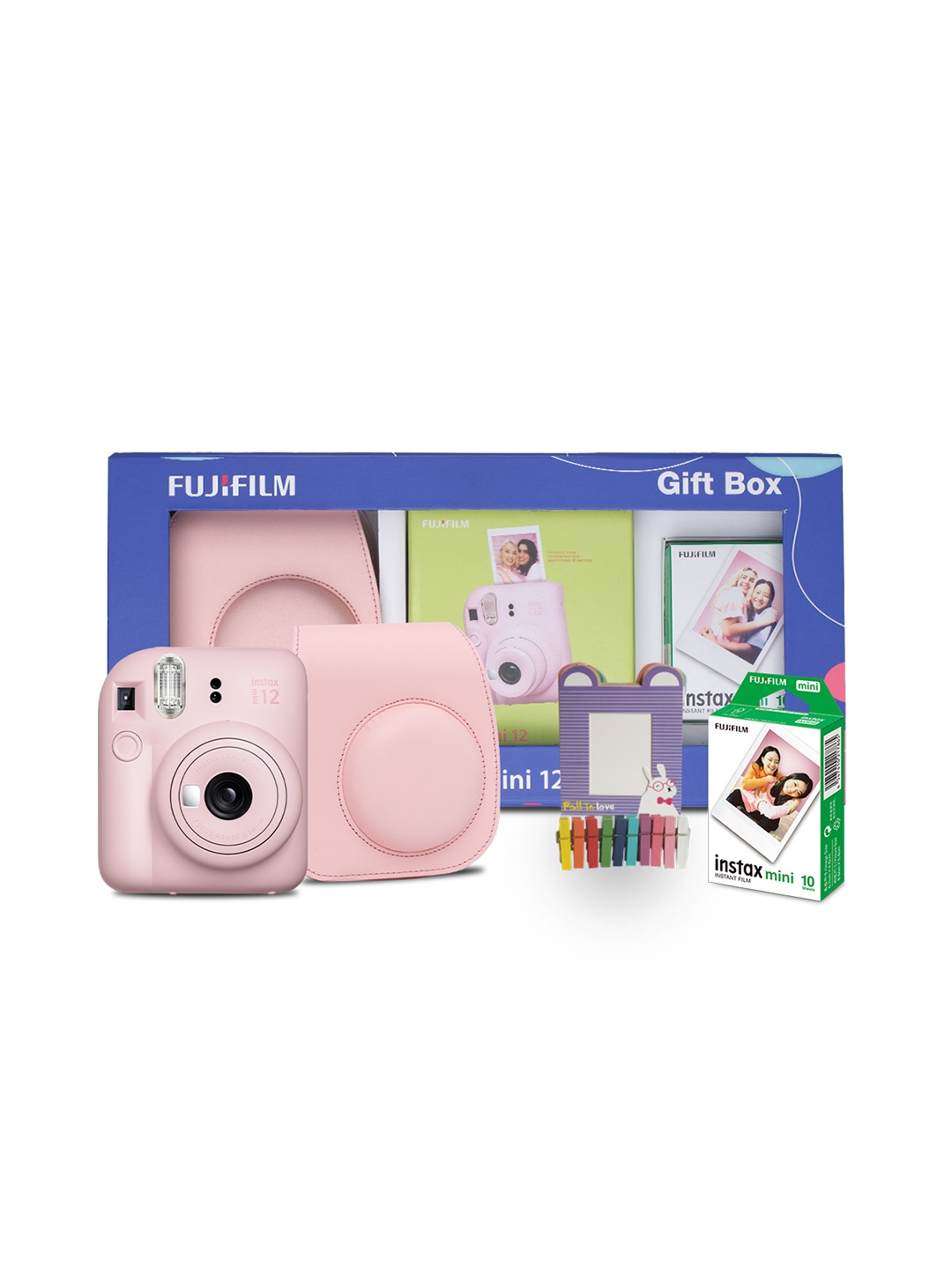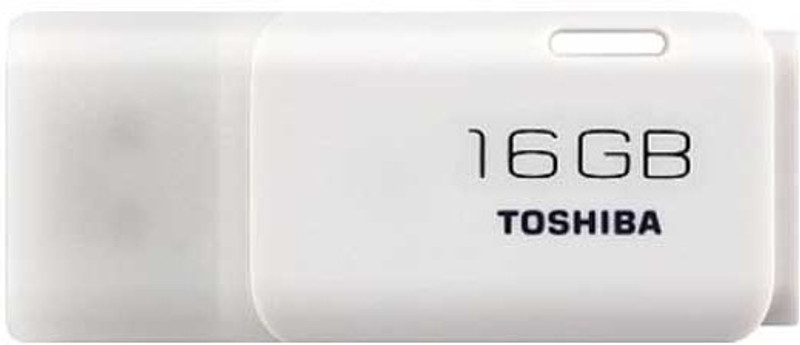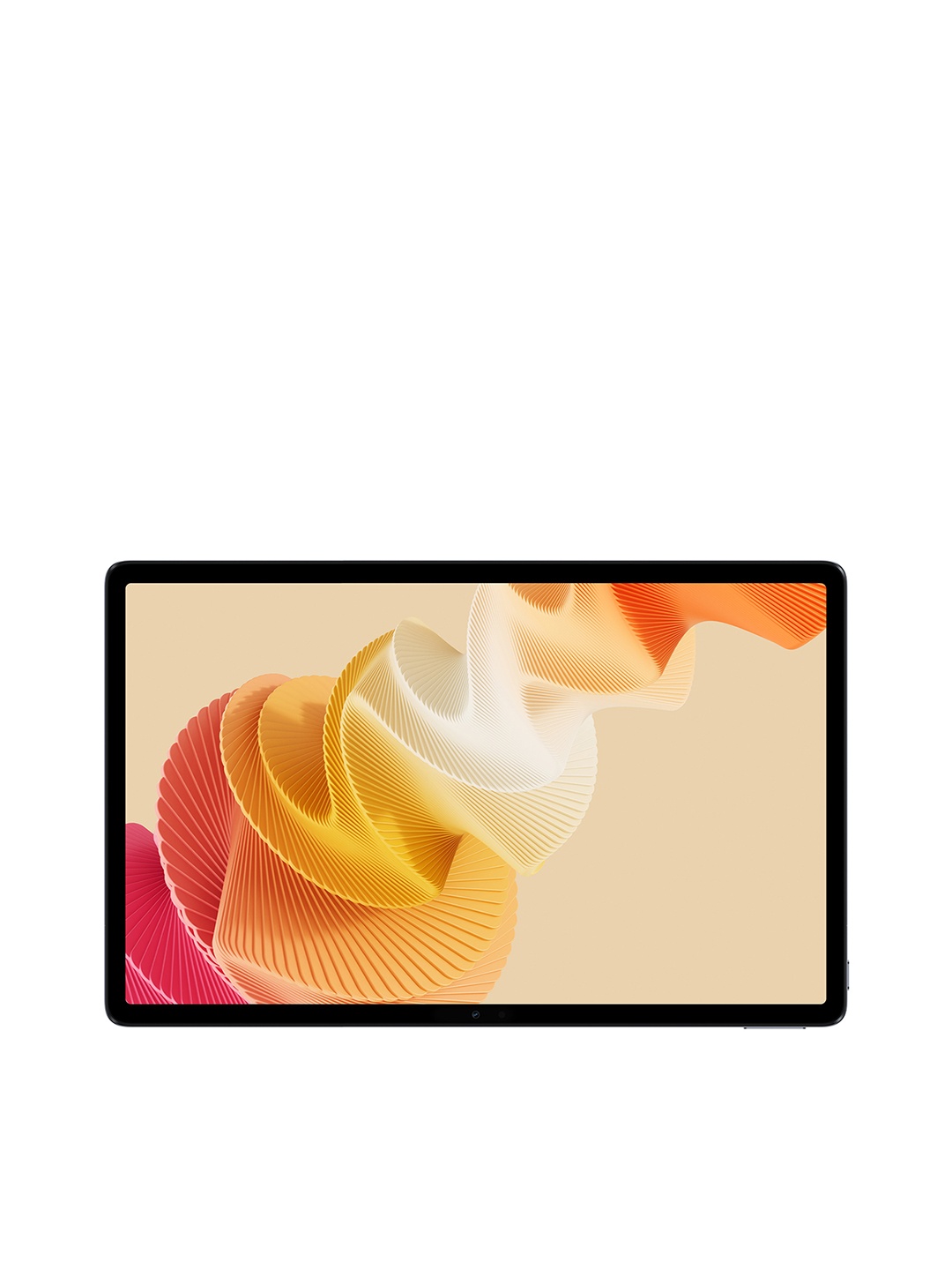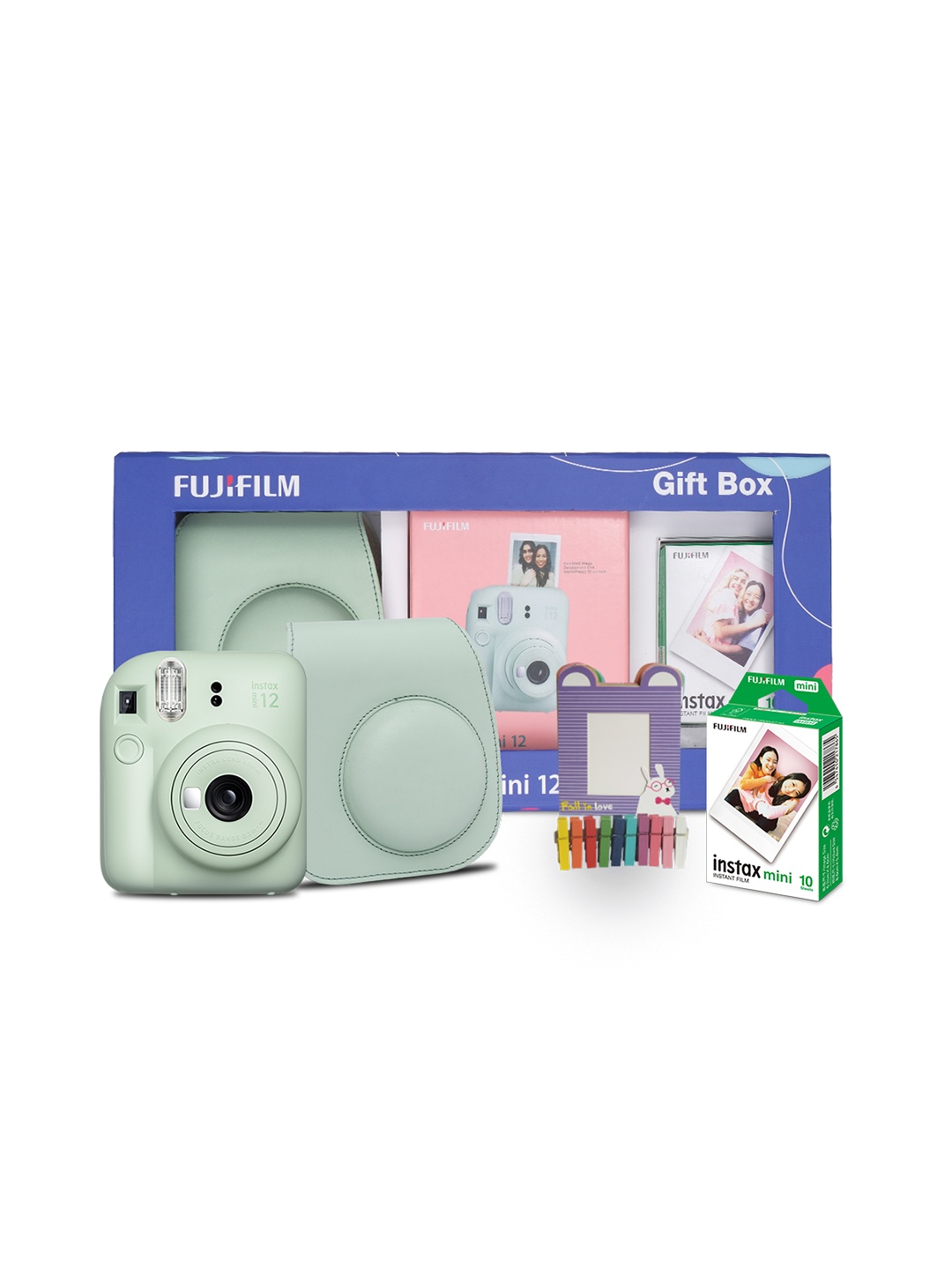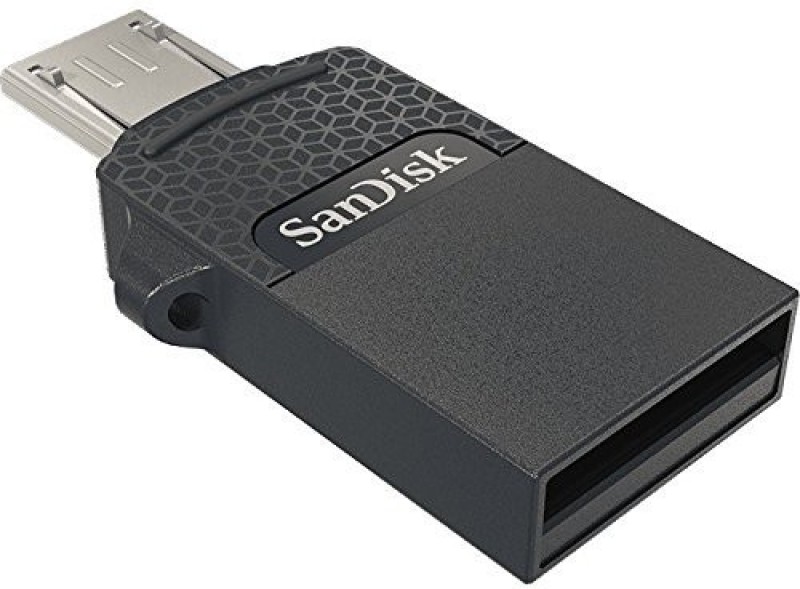Humidifiers For Home: The Portal To Healthier Air But Do You Actually Need One?

Ever woken up with a dry throat, stuffy nose, or itchy skin? If so, your indoor air might be to blame. While we focus on pollution and ventilation, one often overlooked factor is humidity. It's not just about comfort, air that's too dry can trigger allergies, worsen respiratory issues, and even affect your sleep.
Enter the humble humidifier, a device designed to add moisture back into the air. Sounds great, right? But before rushing out to buy one, it's worth considering the pros, the cons, and whether it's the right fit for your home. Let's dive into the world of humidifiers and uncover the truth behind these seemingly magical moisture machines.
Also Read: Are Air Purifiers Actually Necessary? Here Is What We Know
1. Why Does Indoor Air Dry Out?
The problem starts when indoor air loses its moisture, and this happens more often than you'd think. Winter is a prime culprit, central heating systems zap humidity levels, leaving your home feeling like a desert. But summer isn't innocent either. Air conditioners cool down rooms by pulling moisture from the air, leading to the same dry conditions.
Then there's geography. If you live in a naturally arid climate, your air might be dry year-round. Even city dwellers in humid areas aren't off the hook, as modern insulation and ventilation systems can strip homes of much-needed moisture.
Dry air isn't just uncomfortable, it can also have real consequences for health and household items. Wooden furniture cracks, houseplants wilt, and even musical instruments go out of tune. Clearly, this is more than just a seasonal nuisance.
2. The Health Benefits Of Humidifiers
Ever noticed how your throat feels scratchy in winter? Or how your skin become flaky despite slathering on moisturiser? Dry air steals moisture from your body, leading to a range of annoying (and sometimes serious) health issues.
For one, humidifiers can ease respiratory problems. If you suffer from asthma or allergies, keeping humidity at an optimal level (between 40-60%) can soothe inflamed airways, making breathing easier. They also help with colds and flu by preventing nasal passages from drying out, allowing mucus to do its job and trapping and clearing viruses.
Even sleep quality can improve. Snoring often worsens in dry air because it irritates the throat and nasal passages. A well-placed humidifier can ease these symptoms, leading to more restful nights.
In short, if your home feels like a giant dehydrator, a humidifier might be just what you need.
3. How Humidifiers Improve Skin And Hair
Think of your skin as a sponge, when there's enough moisture in the air, it stays soft and supple. But when humidity levels drop, that sponge dries out, leading to flaky skin, cracked lips, and an overall dull complexion.
Humidifiers act like a hydration boost for your skin, especially in winter when cold air and indoor heating suck out every last drop of moisture. They help maintain the skin's natural barrier, reducing the need for excessive lotions and balms.
Hair, too, suffers in dry air. Ever dealt with annoying static or brittle ends? That's moisture loss at work. A humidifier can prevent your locks from turning into a frizzy mess by keeping the air around you balanced.
For those with eczema or psoriasis, the right humidity levels can also help prevent flare-ups, making humidifiers a game-changer in skincare routines.
4. Can Humidifiers Help With Allergies And Sinus Problems?
Allergy sufferers know the struggle, constant sneezing, congestion, and itchy eyes. While pollen and dust mites often take the blame, dry air plays a sneaky role in worsening symptoms.
When your nasal passages dry out, they become irritated and less effective at trapping allergens. This makes it easier for dust, pet dander, and other irritants to wreak havoc on your respiratory system. A humidifier restores moisture, helping your body's natural defences work better.
But here's the catch, too much humidity can backfire. Dust mites and mould thrive in overly damp environments, which could make allergies worse. That's why it's essential to strike the right balance and clean your humidifier regularly to avoid unwanted problems.
5. Types Of Humidifiers: Which One Is Right For You?
Not all humidifiers are created equal. Depending on your needs, you'll find different types, each with its own strengths:
- Evaporative Humidifiers: These use a fan to blow air through a wet wick, releasing moisture into the room. They're energy-efficient but can be noisy.
- Ultrasonic Humidifiers: These create a fine mist using ultrasonic vibrations. They're whisper-quiet and ideal for bedrooms but need distilled water to prevent mineral buildup.
- Steam Vaporizers: These heat water to produce steam, killing bacteria in the process. However, they can be a burn hazard, especially for households with children.
- Hybrid Humidifiers: Combining different technologies, these offer a mix of efficiency and hygiene but often come at a higher price.
Choosing the right one depends on factors like room size, budget, and how much maintenance you're willing to do.
6. The Potential Downsides Of Humidifiers
While humidifiers offer plenty of benefits, they're not without their flaws. The biggest issue? Mould and bacteria growth. If not cleaned properly, humidifiers can turn into breeding grounds for germs, dispersing them into the air you breathe.
Over-humidification is another risk. Too much moisture can lead to condensation on windows, damp walls, and even mould growth, which can be just as harmful as dry air.
Then there's the maintenance. Most humidifiers need frequent cleaning and refilling, which can become a chore. Some also leave a white dust residue if used with hard water, meaning distilled water is often the best (but more expensive) option.
So, while humidifiers can be fantastic, they require responsibility and upkeep to avoid causing more harm than good.
7. Do You Actually Need A Humidifier?
Before rushing to buy a humidifier, ask yourself: do you really need one? The best way to tell is by measuring your home's humidity levels. A hygrometer (a small, inexpensive device) can give you an accurate reading. If humidity is below 30%, a humidifier might be a game-changer for your health and comfort.
If you experience dry skin, frequent colds, or breathing issues, a humidifier could be worth the investment. However, if your home already has adequate humidity, adding extra moisture might do more harm than good.
Sometimes, simple fixes like placing bowls of water near radiators or using houseplants can help naturally increase humidity without needing a device.
8. Final Verdict: Are Humidifiers Worth It?
So, should you get a humidifier? The answer depends on your indoor environment and personal needs. For many, they provide relief from dry air, improve sleep quality, and even benefit skin and hair. However, they do require regular maintenance and careful use to avoid potential downsides.
If you're ready to commit to proper cleaning and monitoring humidity levels, a humidifier could be a fantastic addition to your home. But if you're looking for a fuss-free solution, natural alternatives might be a better fit.
At the end of the day, it's all about balance, too much dryness is bad, but too much moisture isn't great either. Whether you opt for a humidifier or alternative methods, ensuring the right humidity levels in your home can make all the difference to your health and well-being.
Explore Products Related To This Article
1. SRE Anti Gravity Droplet Humidifier With LED Clock Display, Rain Cloud Diffuser Portable Room Air Purifier
2. OGE Humidifier for Home, Cloud Rain Diffuser, Snuggle Cloud, Light Humidifier Portable Room Air Purifier
3. Antokin Essential Oil Diffuser Ultrasonic Remote Control Diffuser Mist Humidifiers Portable Room Air Purifier
4. AGARO caspian Humidifier 1.7 L Room Air Purifier
5. KENT Dew Humidifier with Ultrasonic Mist 4L|25W|Eliminates Dryness of AC/Heater Portable Room Air Purifier
6. FAST FINE Portable Room Air Purifier Aroma Diffuser or Humidifier Revitalizer
7. JIAGREEN COFFRET Portable Room Air Purifier
Humidifiers can be a game-changer for anyone struggling with dry air, offering relief for irritated skin, allergies respiratory issues and even poor sleep. They help maintain a comfortable indoor environment, ensuring your home isn't leaching moisture from you, your furniture, or your beloved houseplants. However, they aren't a one-size-fits-all solution. Overuse or poor maintenance can lead to mould, bacteria growth, and excessive humidity, which bring their own set of problems.
Before deciding if you need one, it's worth checking your home's humidity levels and considering natural alternatives like houseplants or water bowls. If your indoor air is too dry and causing discomfort, a well-maintained humidifier could be a valuable investment. Just remember, like anything in life, balance is key. Too little or too much humidity can cause issues, but when used correctly, a humidifier can help create a healthier, more comfortable home. Shop Now On Flipkart
Disclaimer: The images used in this article are for illustration purpose only. They may not be an exact representation of the products, categories and brands listed in this article.



















